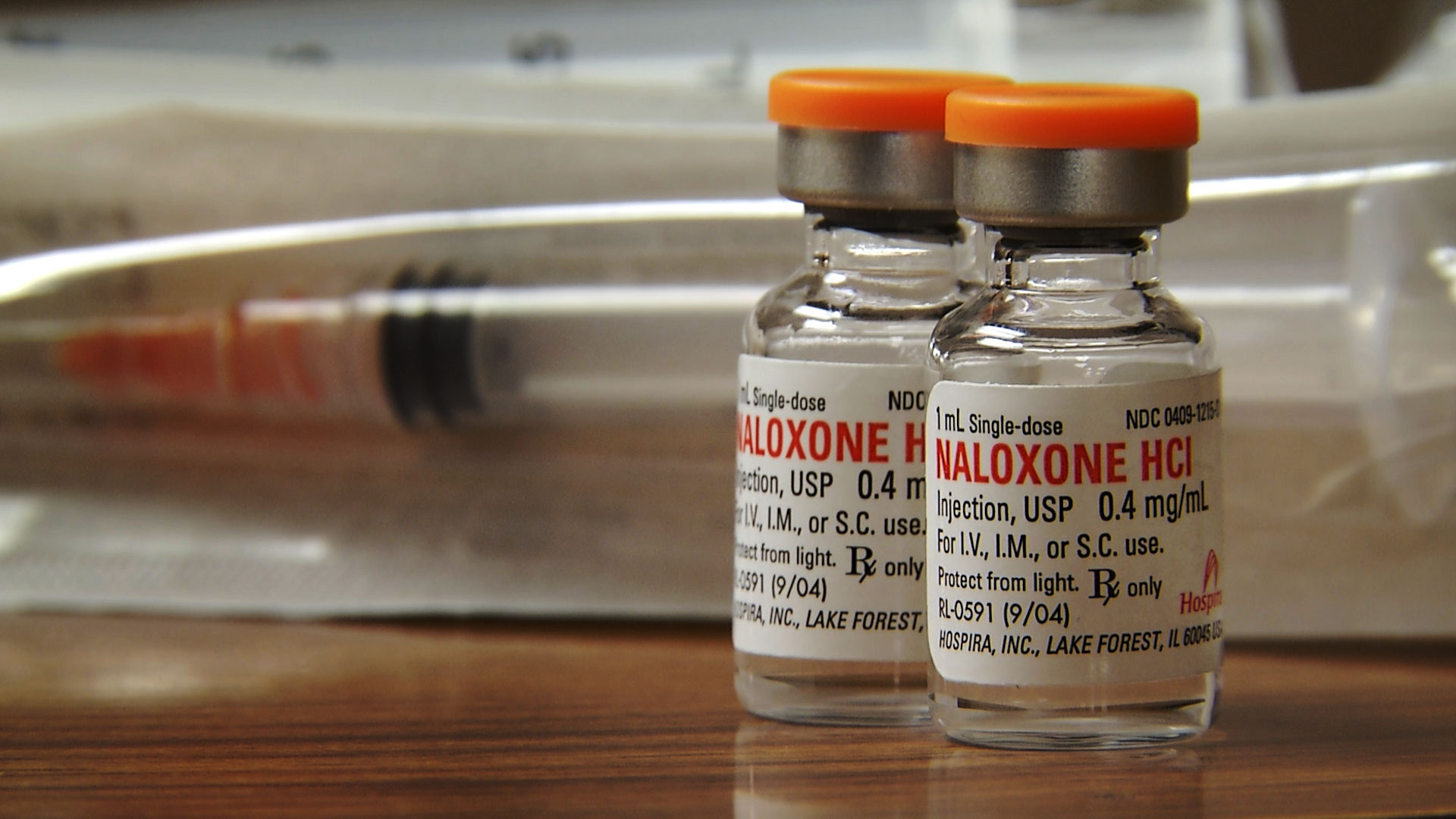 Vials of naloxone, which can be used to counter the effects of an opioid overdose.
Vials of naloxone, which can be used to counter the effects of an opioid overdose.
New data from the Centers for Disease Control shows a significant drop in overdose deaths nationwide, but health experts in Arizona are warning there is still room for improvement in addiction treatment.
During the COVID-19 peak, deaths attributed to opioid overdoses in Arizona stayed consistently above 2,000 a month from mid-2021 through the end of 2023.
By December 2024, that number dropped to about 1,600 deaths a month.
The decrease in Arizona echoes a similar trend nationwide. Between 2023 and 2024, deaths decreased by 27%, according to data released Wednesday by the CDC.
Dr. Beth Meyerson, Director of the University of Arizona’s Harm Reduction Research Lab, said the drop is partly due to Arizona’s decision to continue the COVID-era expansions of access medication-assisted treatment.
“During COVID, there were several opportunities to make treatment available through telehealth or flexible scheduling, or multi-day dosing, in the case of methadone,” she said.
Pima County data from October 2024 shows a similar drop; overdose deaths were down 17% in the first six months of last year. A county memo said the reasons for the drop were complex, but said widespread access to naloxone, or Narcan, was a contributing factor.
Meyerson said there are likely multiple causes for the decline in deaths, but that access to immediate overdose prevention, as well as longer term treatment are effective.
“The bottom line is, we're happy about the decrease. We're not quite sure why, but we know that we have two tools that work, access to Naloxone for lay people and standard of care treatment for opioid use disorder in Arizona,”
According to the memo, the county’s Community Mental Health and Addiction department distributed over 10,000 units of Narcan between April and September 2024.
Meyerson said the good news comes as experts in her field are worried about looming federal cuts impacting people’s access to addiction treatment.
“We're all very worried across the state about what these potential federal changes mean for access or life saving treatment. We're all holding our breath and trying to communicate the importance of standard of care treatment and access to it, as well as preventive services such as access to Naloxone,” she said. According to 2024 data from the Arizona Healthcare Cost Containment System, 67,500 enrolled people were treated for opioid-related disorders.

By submitting your comments, you hereby give AZPM the right to post your comments and potentially use them in any other form of media operated by this institution.